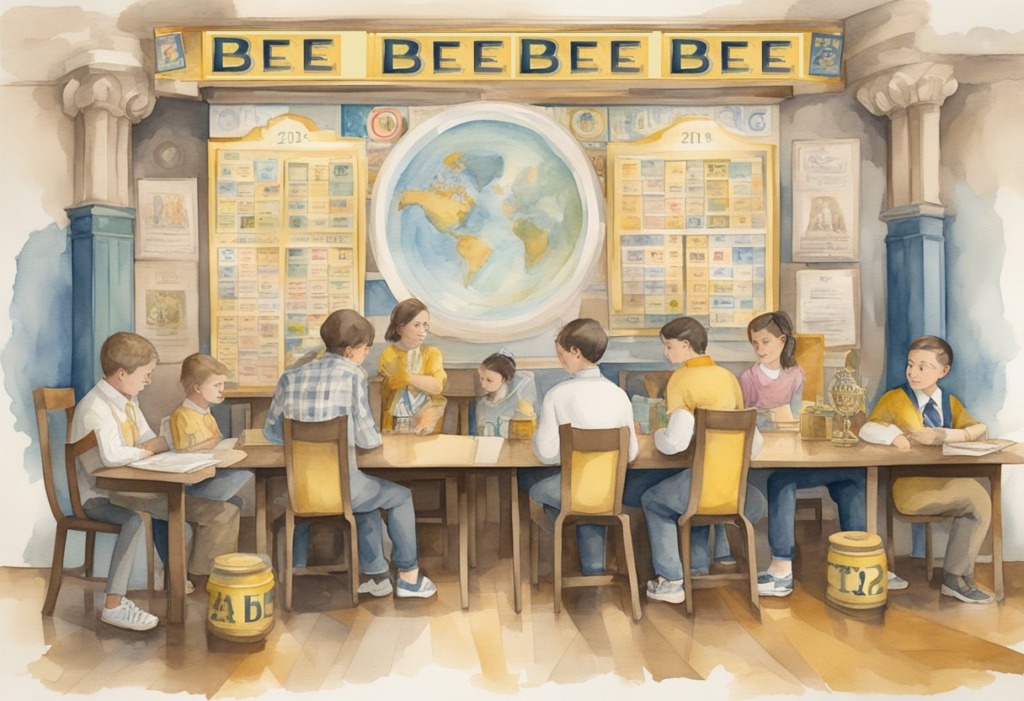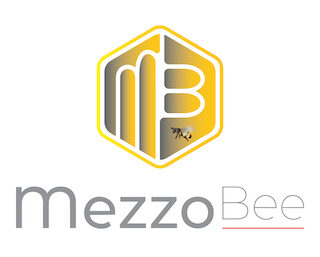Spelling bees are a long-standing educational tradition. They still happen today, which is evidence of the importance of vocabulary and linguistic precision. Proponents of spelling bees argue that they foster a healthy competitive spirit and emphasize the importance of accuracy and diligence. They also tap into a rich cultural nostalgia, reminding society of a time when memorization and spelling prowess held significant cultural currency. The continuing popularity of the Scripps National Spelling Bee is further evidence that these competitions still retain their allure and significance. Viewers are usually awed by contestants demonstrating an impressive command of language under the spotlight.

Critics, however, question the relevance of spelling bees in an age dominated by digital communication tools that offer spell check and autocorrect features. They’ve raised concerns about whether these competitions prioritize rote memorization over holistic language learning. Despite these criticisms, the continued enthusiasm surrounding spelling bees can be seen through various media portrayals and the zeal of participants and audiences alike. Even as technology continues to advance, spelling bees remain a time-honored educational ritual, challenging young minds to develop their spelling skills and etymological knowledge.
History of Spelling Bees

Spelling bees are competitive events rooted in history that showcase the linguistic capabilities of individuals, predominantly focusing on the mastery of spelling words from the English language. These events combine educational value with the spirit of competition.
Origins and Evolution
The spelling bee as it is known today has its origins in the United States during the 18th century, but the concept of spelling contests dates back even earlier. Initially, these gatherings were referred to as “spelling schools” or “spelling matches.” By the 1800s, the term “spelling bee” became commonplace, derived from the Middle English word “been”, which relates to gatherings for a specific purpose. These bees were communal events that served both educational and social functions. For an in-depth exploration of historical references, Smithsonian Magazine provides a detailed account of the history of the spelling bee.
Popularity Over Time
The early 20th century saw the advent of spelling bees as public events in the United States. Their popularity surged as newspapers began to sponsor local spelling competitions, generating community excitement and a spirit of friendly rivalry while highlighting educational accomplishments at the same time. Over time, the National Education Association recognized the value of these events and facilitated the first national spelling competition in 1908. The National Spelling Bee officially began in 1925, which elevated the competition to a national stage, although not all states were represented initially. More on the growth of the spelling bee as an American educational pastime can be found on Babbel. Spelling bees have since grown to an international level, with contestants from many different countries participating in national and global competitions.
Current Relevance of Spelling Bees

Spelling bees continue to captivate audiences with their blend of educational competition and showcase of linguistic prowess. They not only promote the mastery of spelling but also highlight the intricacies of the English language.
National Spelling Bee Competitions
The Scripps National Spelling Bee is one of the most prestigious spelling competitions in the United States. It draws participants from across the nation who spend countless hours preparing for the event. The competition is not only a test of spelling ability but also a platform for students to learn about etymology and word origins. Recently, changes to the competition adapted to pandemic conditions, allowing for a continued tradition even in challenging times.
International Spelling Bees
Spelling bees have crossed national boundaries, with countries around the world hosting their own competitions. These events often serve to unify English learners and speakers internationally and to encourage the precise use of the English language. Notable spelling bees, such as the South Asian Spelling Bee, bring together competitors from various backgrounds, emphasizing the global appeal of these linguistic showdowns.
Media Coverage
Media outlets often provide extensive coverage of spelling bee events, recognizing their educational value and the intense preparation undertaken by participants. This coverage has introduced a wider audience to the excitement inherent in spelling bees, further affirming their relevance in modern culture. The Scripps National Spelling Bee, for example, has experienced broad media attention, propelling it into the national spotlight and beyond.
Educational Impacts

In examining the role of spelling bees in education, it’s important to consider how they influence student learning and language acquisition. Their impact spans from enhancing participants’ abilities to fostering deeper understanding of phonetics and vocabulary.
Benefits for Participants
Participants of spelling bees often see considerable gains in their academic journey. Key benefits include honed study habits and a boost in confidence from public recognition. Studies suggest that young spellers develop a keen attention to detail, which aids them in various academic fields. For instance, the intense preparation for these competitions can lead to improved memory skills and a stronger command over the English language.
Role in Language Learning
The humble spelling bee plays a significant role in language learning by promoting an understanding of phonemes and morphemes, the building blocks of words. They reinforce knowledge of spelling rules and patterns, which is essential in mastering English, a language rich with exceptions. This was mentioned in an article by Springer, suggesting that spelling instruction should be tailored to reinforce these patterns. Furthermore, spelling competitions expose learners to a vast array of vocabulary, often inspiring them to read more, thus broadening their linguistic horizons.
Digital Era Influence

In the age of the internet, spelling bees have adapted, becoming more accessible through online platforms and engaging with innovative learning tools.
Online Competitions
Technology has transformed traditional spelling bees, allowing them to be conducted online, broadening participation to a global level. For example, the Scripps National Spelling Bee has explored online formats, providing a platform for spellers from varied locations to showcase their skills. This shift to digital has ensured that, despite geographical and logistical challenges, participants can still compete in these rigorous linguistic challenges. Advances in technology have made this possible while retaining integrity ensuring no form of cheating occurs. Artificial intelligence and facial recognition virtually eliminate the risk of cheating. Afterall, if exams for professional certifications can be proctored and administered from a candidate’s home, so can spelling bees.
Spelling Apps and Games
The digital era has also introduced a variety of spelling apps and games designed to make learning fun and interactive. These tools use engaging methods to reinforce spelling skills, often tracking progress and adapting to the learner’s level. A notable mention is the wide variety of educational games available on devices which underscore the importance of spelling through play, emphasizing literacy in a format that resonates with the current tech-savvy generation.
Criticism and Controversy

Spelling bees, while educational, have been subject to criticism and controversy mainly regarding issues of inclusivity and the intense pressure they place on contestants.
Inclusivity Issues
Critics argue that spelling bees inherently favor those with resources to access extensive training and coaching. An opinion piece on NBC News highlights that these contests may prioritize memorization over creative thinking. Additionally, debates have arisen over the inclusion of words from diverse languages, as noted in discussions related to the Scripps National Spelling Bee’s practices with foreign words.
Pressure on Contestants
The competitive nature of spelling bees can place significant stress on youthful participants. Scenes of children facing intense pressure on stage are common, sparking a dialogue on whether the mental strain is justified. Observers of the Scripps National Spelling Bee have described the recent changes to this storied competition as “brutal,” further intensifying the spotlight on the pressure on contestants.
The Future of Spelling Bees

As spelling bees evolve, audiences can anticipate both a continuation of their rich tradition and adaptations that reflect contemporary educational values.
Predictions
Experts predict that spelling bees will maintain their educational significance, but may see changes in their cultural perception. The intense competition of spelling bees has been characterized as ‘brutal,’ yet they remain an arena where academic excellence is celebrated. The dedication and skill of young spellers are likely to keep these events in the public eye, with media coverage and public interest continuing to follow the evolution of these intellectual contests.
Innovations in Format
Recent years have showcased new formats to keep spelling bees engaging and challenging. A prime example includes the introduction of a “spell-off” — a tiebreaker mechanism that elevates the contest’s excitement. Organizers are continually seeking ways to enhance the competitive element while also ensuring a fair platform that tests a range of spelling and linguistic abilities.
